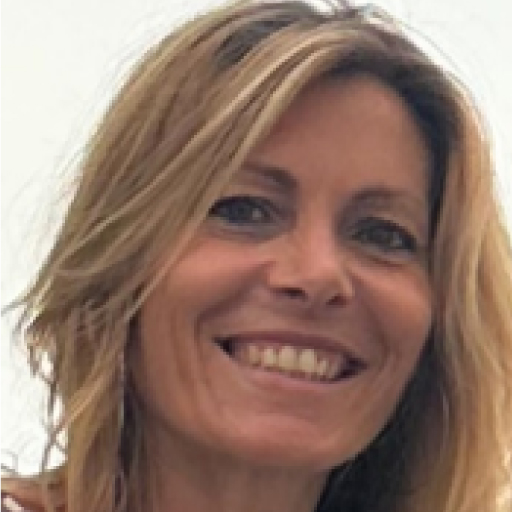Recursos sugeridos para leitura complementar
- ANNON J. (1995), The Psychological Autopsy, in American Journal of Forensic Psychology.
- BECCARIA C. (1764), Dei delitti e delle pene, Milano, Feltrinelli.
- BONICATTO B., GARCIA PÈREZ T., ROJAS LÒPEZ R. (2006), L’autopsia psicologica. L’indagine nei casi di morte violenta o dubbia, Milano, Franco Angeli.
- BRONZO P., Master di II livello in Scienze Forensi, Sapienza Università di Roma, A.A. 2021-2022.
- CANTER D. (1989), Offender Profiles, The Psychologist.
- DE LEO G., PATRIZI P. (2006), Lo psicologo criminologo, Milano, Giuffré.
- DE RINALDIS F., Master di II livello in Scienze Forensi, Sapienza Università di Roma, A.A. 2021-2022.
- EBERT B.W. (1987), Guide to conducting a psychological autopsy, in Professional psychology: research and practice.
- GULOTTA G. (1976), La vittima, Milano, Giuffrè.
- MONZANI M. (2013), Il sopralluogo psico-criminologico, Milano, Giuffré.
- MADIA E. (1920), Tratto di medicina legale, Napoli, Detkene e Rocholl.
- MERZAGORA I., TRAVAINI G., BARBIERI C., CARUSO P., CIAPPI S. (2017),
- L’autopsia psicologica: contradictio in adiecto?, Rassegna Italiana di Criminologia, Anno XI n.2, Milano, Iris Air.
- PICOZZI M., ZAPPALÀ A. (2001), Criminal profiling. Dall’analisi della scena del delitto al profilo psicologico del criminale, New York, McGraw-Hill Education.
- PONTI G., MERZAGORA BETSOS I. (2008), Compendio di criminologia, Milano, Raffaello Cortina. ….
- RIZZI V., GIANNINI A.M. (2021), Investigare 4.0, Padova, Piccin-Nuova Libraria.
- ROSSI L., ZAPPALÀ A. (2004), Che cos’è la psicologia investigativa?, Roma, Carocci.
- SHNEIDMAN E.S. (1994), The Psychological Autopsy, in American Psychologist.
- SIDOTI F. (2006), Criminologia e Investigazione, Milano, Giuffré.
- VARI E., Master di II livello in Scienze Forensi, Sapienza Università di Roma, A.A. 2021-2022.
- VOLPINI L. (2012), Dal criminal profiling all’autopsia psicologica della vittima.….
Referências
- L’AUTOPSIA PSICOLOGICA E LA DIAGNOSI DIFFERENZIALE TRA OMICIDIO E SUICIDIO…. https://www.studiolegaledelalla.it/autopsia-psicologica-e-la-diagnosi-differenziale-tra-omicidio-e-suicidio/
- https://www.francoangeli.it/Libro/L'autopsia-psicologica.-L'indagine-nei-casi-di-morte-violenta-o-dubbia?Id=13818
- https://www.psicotypo.it/autopsia-psicologica-nei-casi-di-morte-equivoca/
- https://www.psicologi-italia.it/disturbi-e-terapie/psicologia-investigativa/articoli/testimoni-silenziosi-un_introduzione-all_autopsia-.html
Conteúdo do curso


















